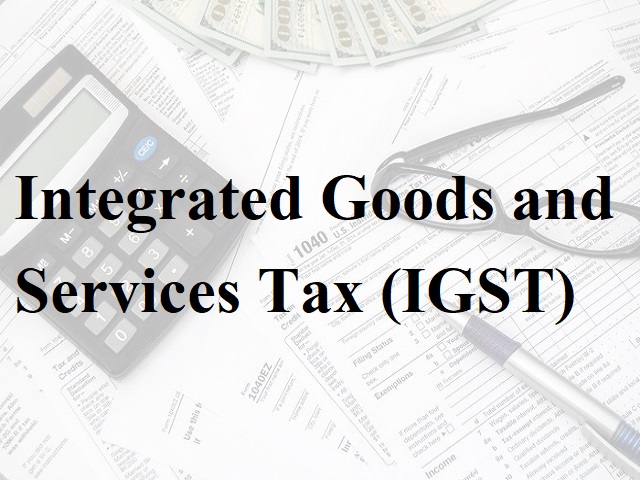Integrated Goods and Services Tax (IGST) is a component of the Goods and Services Tax (GST) system implemented in India. It is one of the three taxes levied under the GST regime, alongside Central Goods and Services Tax (CGST) and State Goods and Services Tax (SGST). IGST is levied by the central government on the inter-state supply of goods and services and on imports into India.
Introduction
IGST was introduced as part of the GST reform, which aimed to simplify the indirect tax structure in India and create a unified national market. Under the GST system, both the central and state governments have the authority to levy taxes on the supply of goods and services. IGST ensures seamless taxation of inter-state transactions and promotes the concept of "one nation, one tax."
Scope and Applicability
IGST is applicable to the supply of goods and services made from one state or union territory to another state or union territory. It is charged on the transaction value of goods and services at the rate specified by the central government. IGST replaces the earlier system of Central Sales Tax (CST) on inter-state sales.
Mechanism
When an inter-state supply of goods or services occurs, the seller charges IGST on the transaction and collects it from the buyer. The IGST revenue is then apportioned between the central and state governments based on the destination principle. The central government retains the central portion of the IGST revenue, while the remaining amount is transferred to the respective states where the goods or services are consumed.
Input Tax Credit (ITC)
Businesses engaged in inter-state transactions can claim Input Tax Credit (ITC) for the IGST paid on inputs used in the production or supply of goods and services. The ITC mechanism ensures that taxes paid on inputs are not double-taxed and helps in avoiding the cascading effect of taxes.
Administration
The administration and collection of IGST are overseen by the Central Board of Indirect Taxes and Customs (CBIC), which is a part of the Department of Revenue under the Ministry of Finance, Government of India. CBIC is responsible for implementing and enforcing the provisions of the GST law related to IGST.
GST Council
The GST Council, comprising the Union Finance Minister and the finance ministers of the states and union territories, plays a crucial role in determining various aspects of GST, including tax rates, exemptions, and administrative matters related to IGST and other components of GST.
References
[Insert references here if available]




.jpg)

